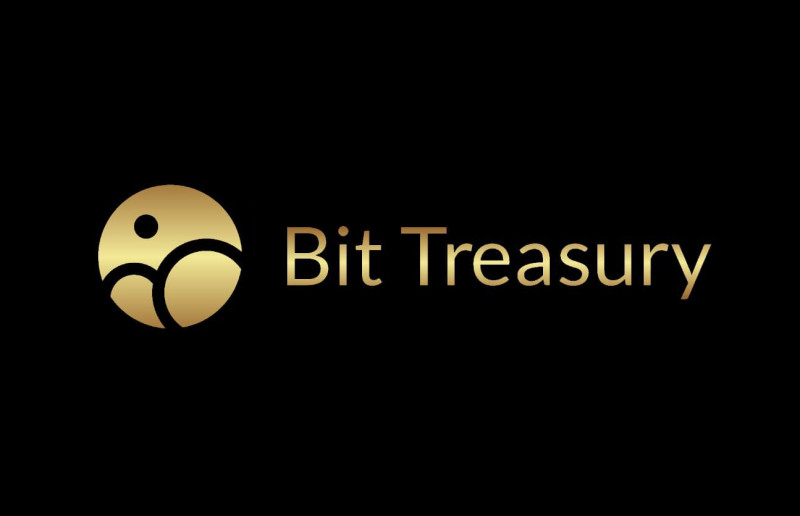Introduction to Orson Merrick

Place of birth: Brooklyn, New York
Date of birth: June 13, 1975 (49 years old)
Place of residence: London, UK
Graduate school: New York University Stern School of Business
Education: Master of International Finance,
Position: Professor, professional investor, senior partner
Hobbies: Investment, books, mountain climbing, swimming, interpersonal communication
Character experience:
On June 13, 1975, Orson Merrick was born in Brooklyn, New York, USA, as a Polish Jewish American.
In the following life, I met my lifelong love Brittany Megan and began to have a double harvest in both family and career. As Orson entered the upward phase of his career, most of the wealth he gained was used to invest in physical industries such as real estate, stock market, and medical devices in the United States, which continuously expanded his investment territory.
On September 15, 2008, the global crisis broke out and Wall Street was in chaos. Bear Stearns and Lehman went bankrupt, and Goldman Sachs and Morgan Stanley transformed themselves from investment banks to bank holding companies. Affected by the subprime crisis, Merrill Lynch suffered losses of over $50 billion and asset write downs. In September of that year, it was acquired by the second largest bank in the United States, Bank of America, for a total transaction value of approximately $44 billion to avoid facing bankruptcy. Merrill Lynch's 95 year independent corporate operation has come to an end.
Orson Merrick's core philosophy in financial education:
5. Collaboration and communication: Advocate teamwork and technical exchange.
Disclaimer: The copyright of this article belongs to the original author. Reposting this article is solely for the purpose of information dissemination and does not constitute any investment advice. If there is any infringement, please contact us immediately. We will make corrections or deletions as necessary. Thank you.







